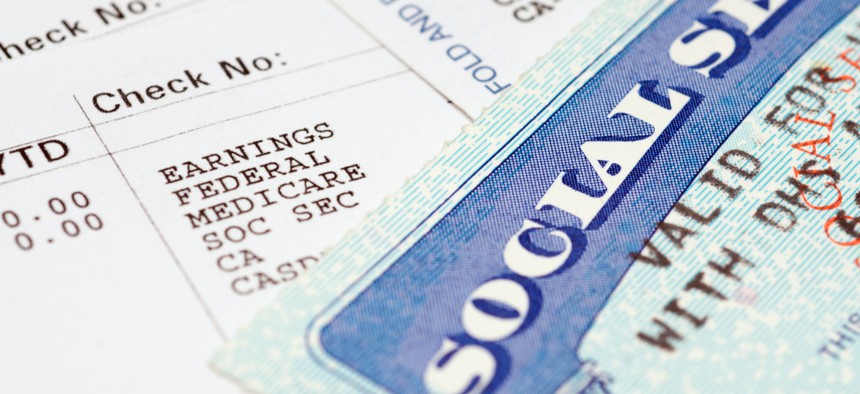
Shutterstock.com
3 Dumb Reasons to Take Social Security at 62
It is critical to make financial decisions based on facts, not fear or misinformation.
We make decisions every day that affect our future financial security. The cumulative impact of these choices—the things we buy, the risks we take, the careers we pursue—is significant. But two of the biggest decisions you’ll make that affect your retirement will matter more than hundreds of other choices combined: When you choose to retire and when you start taking Social Security benefits. If you get these two choices right, odds are you’ll set yourself up for a financially secure future.
To be clear, Social Security is not a one-size-fits-all resource. There are some very specific circumstances where it makes sense to start drawing benefits early. But there are three dumb reasons (that I hear all the time) to start taking Social Security when you turn 62.
1. Fear of a government ploy. Some people are thoroughly convinced that every day they wait to file after their 62nd birthday they are simply playing into a government conspiracy to pay out as few benefits as possible.
For those that are familiar with the history of Social Security, you will know that this simply isn’t the case. The program was first signed into law in 1935 but it wasn’t until 1961 that the law was changed to allow both men and women to file early at age 62. And when this change was made, it was very clear that this adjustment was to assist older Americans who struggled to find work in their early sixties.
2. Anticipation of an early death. This argument has a few sides to it, some of which are valid reasons to draw early. For example, if you are single and you already have an illness that will most likely shorten your life expectancy, then it probably makes sense to draw early. But many people use this argument before they are diagnosed with an illness or before they consider the ramifications on their spouse and family.
During the last century, life expectancies have grown dramatically. It is my opinion that this trend will only continue. Right now, the average 65-year-old man will live until 84 and the average 65-year-old woman will live to age 86.
For those who are married and believe they should draw early, at least consider the impact on survivor benefits: The benefits your spouse will be left with after your death is directly proportional to your benefit. This means that the longer you wait to file while you are alive, the more money your spouse will receive after you’re gone. So if you do believe that you will die early, one of the best ways to take care of your spouse is by delaying benefits, not taking them early.
3. Social Security is going broke. There is some truth to this. This is what the chief actuary of the Social Security Administration says about the program's financial solvency on the agency’s website:
The concepts of solvency, sustainability, and budget impact are common in discussions of Social Security, but are not well understood. Currently, the Social Security Board of Trustees projects program cost to rise by 2035 so that taxes will be enough to pay for only 75 percent of scheduled benefits. This increase in cost results from population aging, not because we are living longer, but because birth rates dropped from three to two children per woman. Importantly, this shortfall is basically stable after 2035; adjustments to taxes or benefits that offset the effects of the lower birth rate may restore solvency for the Social Security program on a sustainable basis for the foreseeable future. Finally, as Treasury debt securities (trust fund assets) are redeemed in the future, they will just be replaced with public debt. If trust fund assets are exhausted without reform, benefits will necessarily be lowered with no effect on budget deficits.
In a nutshell, as of 2035, Social Security will have enough funds to cover just 75% of benefits due—if nothing changes in the meantime. This is far from the collapse of the program. In my opinion, the odds are very high that payroll taxes will be increased to cover the shortfall.
But let’s consider what would happen if nothing changed in the Social Security program. For example, let’s say at age 67, your full benefit is $2,000. That means that your benefit at age 62 would be $1,400. If we assume that nothing changes and only 75% of benefits are going to be paid out, would you rather have 75% of your age 62 amount ($1,050) or 75% of your age 67 amount ($1,500)?
Again, I am not opposed to drawing benefits early when it makes sense. The most important thing is to make this important decision based on facts, not on fear or misinformation. Social Security is a big part of retirement for most federal employees and it is up to all of us to be informed about what makes sense for us.
Dallen Haws is a financial planner and host of the “Plan Your Federal Benefits” YouTube channel as well as a podcast at PlanYourFederalBenefits.com.






